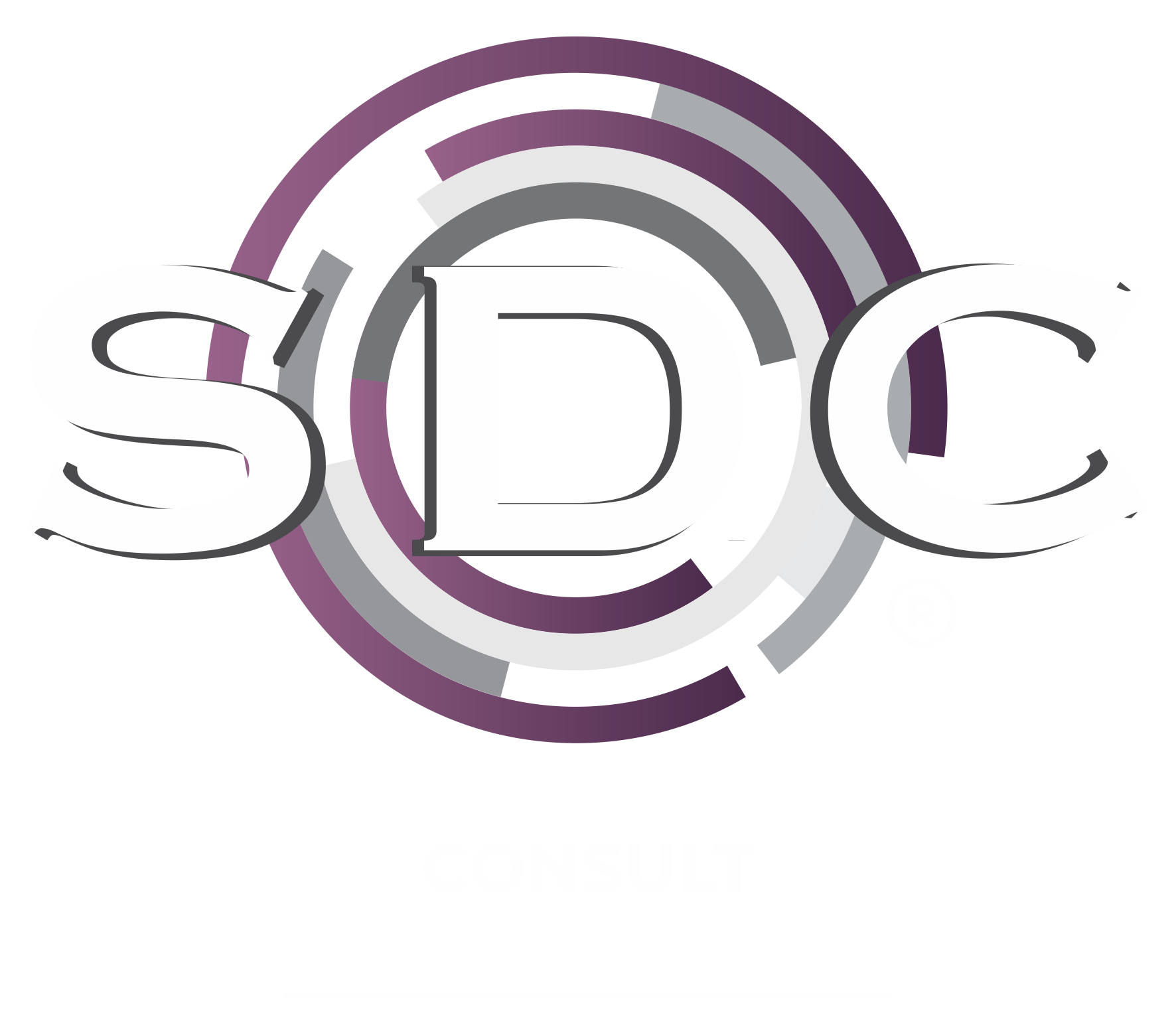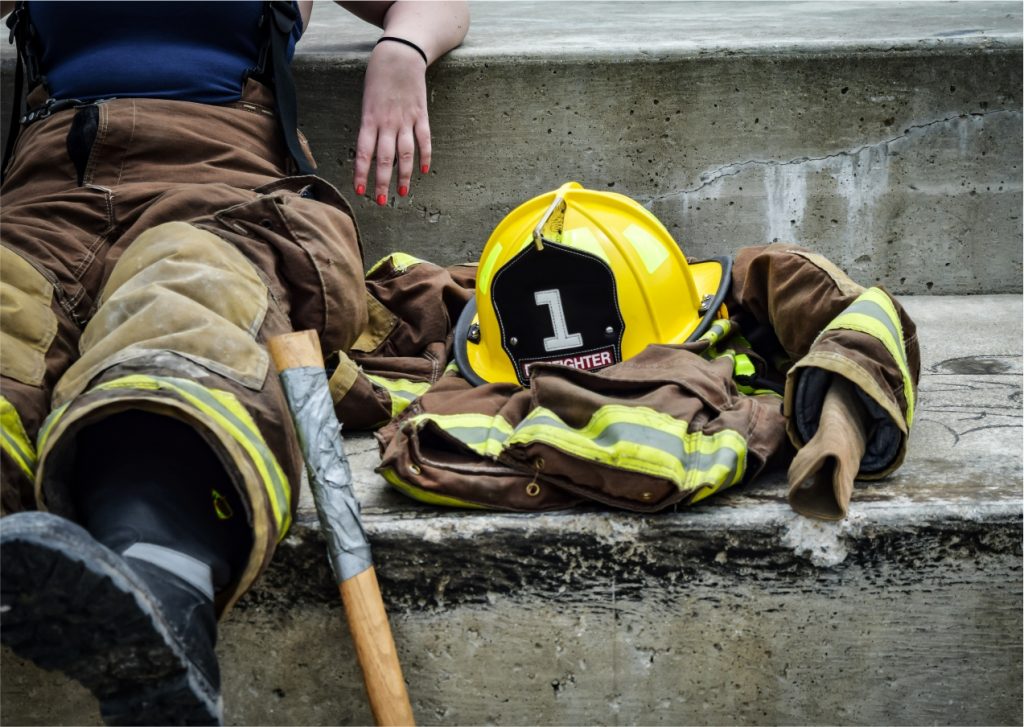
-
SDC Consult > Short Courses > Basic Fire Fighting
Basic Fire Fighting
Certification:
Received upon successful completion of the course.


Basic Fire Fighting
The Basic Firefighting Training course, that forms part of a company’s Health and safety compliance, is designed to equip participants with fundamental knowledge and skills required to respond effectively to fires in the workplace. Whether you are a new recruit, an industrial worker, or a concerned citizen, this course will provide you with essential firefighting techniques and safety procedures to protect lives and property in emergency situations.
Firefighting training is a structured and comprehensive program designed to prepare individuals to respond effectively to fires and other emergency situations. This training is essential for firefighters, but it can also be valuable for individuals in various professions and communities to enhance safety and emergency response capabilities.
Basic Fire Fighting according to the Health and Safety Act:
The Health and Safety at Work etc. Act 1974 and the Management of Health and Safety at Work Regulations 1999 require fire and rescue services to have arrangements for the effective planning, organisation, control, monitoring and review of preventive and protective measures. Employers are required to prepare and revise adequate emergency plans and procedures and provide the necessary measures for firefighting and the evacuation of the workplace under Section 11 of the 2005 Act2.

Course Index
- The nature of fire
- Fire fighting procedures and techniques
- Fire fighting and safety equipment
- Fire prevention
What can be learned.
Fire Behaviour and Science:
Understanding the nature of fire, how it spreads, and the elements required for combustion is essential. Trainees learn about fire chemistry, fire triangle/tetrahedron, and how different types of materials can influence fire behaviour.
Personal Protective Equipment (PPE):
Trainees are taught how to properly don and doff personal protective equipment, including firefighting gear such as turnout gear, helmets, gloves, and self-contained breathing apparatus (SCBA).
Firefighting Tools and Equipment:
Familiarity with the various tools and equipment used in firefighting is crucial. This includes hoses, nozzles, axes, fire extinguishers, thermal imaging cameras, and more.
Firefighting Techniques:
Basic firefighting techniques and tactics are covered, including fire suppression, fire control, ventilation, and search and rescue operations.
Fireground Communication:
Effective communication among team members is essential for safety and coordination. Trainees learn how to use radios and other communication devices effectively.
Hazardous Materials Awareness:
Basic knowledge of hazardous materials and the ability to recognize potential hazards at a fire scene are important for firefighter safety.
Firefighter Safety:
Emphasis is placed on firefighter safety, including fire behaviour prediction, avoiding hazardous situations, and recognizing when to retreat.
Fire Prevention and Inspection:
Basic knowledge of fire prevention principles and techniques is usually included, as well as fire inspection procedures.
Emergency Medical Response:
Many firefighting programs include basic training in emergency medical response, as firefighters often respond to medical emergencies in addition to fires.
Teamwork and Leadership:
Trainees learn how to work effectively as part of a team and may be introduced to leadership concepts for future roles.
Physical Fitness:
Physical fitness is a crucial aspect of firefighting. Trainees often participate in physical training to build endurance and strength.
Live Fire Training:
Practical hands-on training is a key component, and trainees typically participate in live fire exercises to apply what they’ve learned in a controlled environment.
Available Platforms:
- Face-to-face at one of our training venues.
- Online via Microsoft Teams.
Check-in time is at 8:15, introduction starts at 08:30 to 09:00am
Course Includes:
Tea, coffee, cookies, 2 sweets, water, pen, manual and a light snack for lunch. The courses usually end around 13:00 depending on the size of the company as well as the number of questions during the course.
Break Times:
There will be a break at 10:30 that includes tea, coffee, and a muffin. The course will commence at 11:00 to 13:00.
